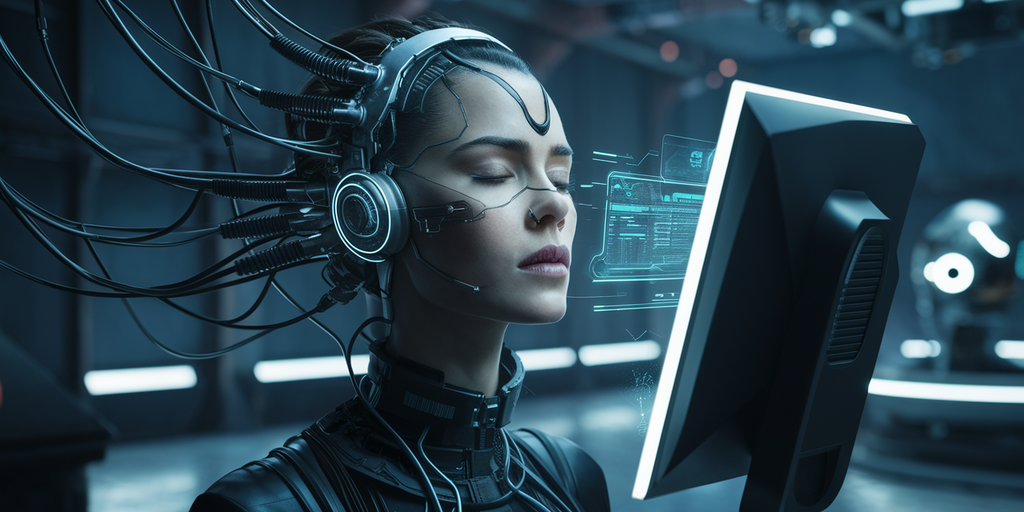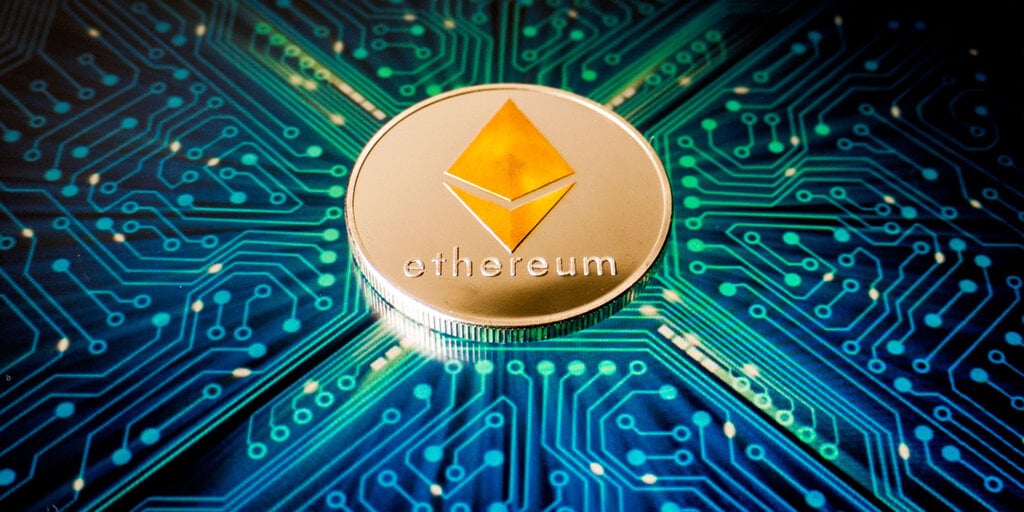Revolutionizing Brain-Computer Interfaces: A Safer Approach
A prominent neurosurgeon and former co-founder of Neuralink, the biotech company led by Elon Musk, has recently shared the reasons behind his departure from the groundbreaking firm. Dr. Benjamin Rapoport, an expert in the field of neural interfaces, cited safety concerns as the primary factor influencing his decision to part ways with Neuralink. In a recent podcast interview with the Wall Street Journal, Dr. Rapoport emphasized the importance of prioritizing safety when developing technologies that connect human brains to computers.
The Safety Debate: Invasive vs. Non-Invasive Techniques
Neuralink’s current approach to brain-computer interfaces involves the insertion of numerous electrodes into the brain’s tissue. Dr. Rapoport expressed reservations about this method, citing the potential risks and drawbacks associated with invasive procedures. He believes that it is possible to extract valuable data from the brain without causing any harm or damage to the brain itself. As a result, Dr. Rapoport founded his own company, Precision Neuroscience, to explore non-invasive alternatives to Neuralink’s approach.
At Precision Neuroscience, Dr. Rapoport and his team are focusing on the development of surface microelectrodes that can be placed on the brain’s surface without the need for invasive penetration. These microelectrodes, embedded in a thin film that conforms to the brain’s contours, are designed to detect electrical signals and filter out noise. The data collected by these electrodes is then translated into meaningful information using advanced machine learning algorithms tailored to each individual’s unique brain signals.
Ethical Concerns and Regulatory Scrutiny
While Neuralink has received approval from the FDA to conduct human trials, the company has faced scrutiny for its treatment of early test subjects and concerns about animal welfare practices. Inspectors from the FDA raised issues with Neuralink’s animal welfare controls during inspections of the company’s laboratory in California. Records show that Neuralink has conducted experiments that resulted in the deaths of approximately 1,500 animals since 2018 in pursuit of successful brain-computer interface connections.
In contrast, Precision Neuroscience aims to develop technologies that prioritize safety and minimize invasiveness, offering a more ethical and sustainable approach to brain-computer interfaces. Dr. Rapoport and his team are committed to making their technology accessible and affordable, ensuring that cost is not a barrier to its widespread adoption.
The Future of Brain-Computer Interfaces
Dr. Rapoport remains optimistic about the potential of brain-computer interfaces as a transformative technology with diverse applications in various fields. He envisions a future where BCIs enable seamless interactions between humans and computers, benefiting both medical patients and healthy individuals. While the costs associated with developing and implementing these technologies are significant, Dr. Rapoport believes that with continued research and innovation, BCIs could become more accessible to a broader audience.
As the field of brain-computer interfaces continues to evolve, Precision Neuroscience is at the forefront of developing safe, ethical, and innovative technologies that have the potential to revolutionize the way we interact with technology and enhance human capabilities.
Image/Photo credit: source url





